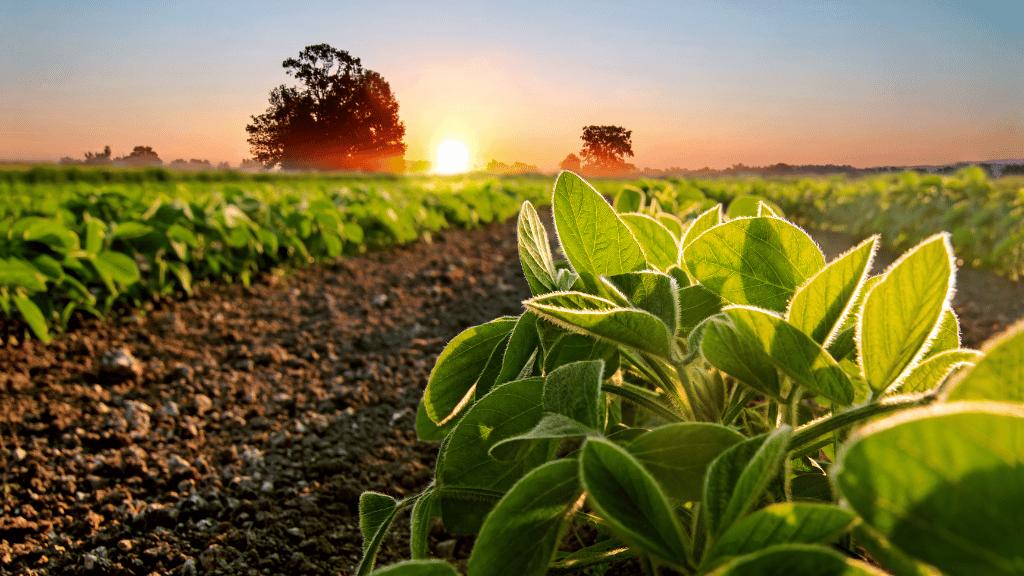
If there is something that gives green gray hair to the Argentine agricultural producer, beyond the climate or international prices, it is the tax tangle. And within that labyrinth, the Tax on Gross Income (IIBB) takes center stage. This provincial tax, which is charged in a cascade and varies depending on where you sell and buy, is a real headache and a heavy weight in the structure of agricultural production costs. Talk about agribusiness in Argentina It is talking about withholdings, perceptions and balances in favor that, many times, end up being immobilized money that could well be invested in the field.
But what if something started to change? In recent times, news and debates have emerged about the need to simplify this tax scheme. Initiatives such as the elimination of complex collection regimes or the facilitation of recovering favorable balances, as has been seen in some jurisdictions, shine a light of hope. It’s not just a matter of paying less (which always helps), but of doing the more agile, predictable and less administratively expensive system. For a sector that is the driving force of the national economy, every bureaucratic obstacle is a handbrake on. Are we facing a possible turning point for the agricultural profitability?
Understand why Gross Income complicates so much Argentine countryside It requires looking at its nature. Being a “cascading” tax, each link in the production and commercial chain adds it, inflating the final price without discriminating added value. For agriculture, this is particularly complex: you sell grains in one province, you buy inputs in another, you transport them through several… and each one has its own aliquot, its retention and collection regimes.
The result is a administrative chaos. It takes time and resources (accountants, software) just to comply with regulations. The famous ones are even worse. balances in favor. Due to the collection and retention mechanisms, it is very common for the producer to end up paying more, accumulating a tax credit against the province that, in practice, is very difficult and very slow to recover. That “stuck” money is working capital that is not used to buy seeds, fertilizers, machinery or invest in agricultural technology. In an inflationary context like the Argentine one, that favorable balance is liquefying day by day. It is, quite simply, an enormous financial and operational cost.
Imagine a scenario where you present and pay Gross Income be simpler. Where they do not retain you or collect excessive amounts that later take months (or years) to recover. That is what the tax simplification. Measures such as those implemented by ARBA in the Province of Buenos Aires, eliminating fees for certain taxpayers and facilitating the management of credit balances (mentioned in sources such as iProfesional on 18/JUN/2024), are a concrete example.
Are the direct benefits to agribusiness?
The Gross Income simplification not only benefits direct finance, but acts as a catalyst for the adoption of agricultural technology. When the producer has greater availability of capital and less administrative burden, you are more likely to invest in tools that improve your efficiency:
A friendlier tax system unlock resources that can be allocated to this modernization, fundamental for the competitiveness of the Argentine countryside at a global level.
Beyond the cold numbers, the IIBB simplification It has an enormous human and productive impact. For the producer, it means:
The simplification of the Tax on Gross Income It is not a simple administrative reform; is a strategic measure to unleash the potential of Argentine agriculture. Reducing the bureaucratic and financial burden that this tax represents can directly translate into greater investment, more technology, better competitiveness and, ultimately, more production and development. The initial steps seen in some provinces are encouraging, but a more homogeneous and federal vision is needed.
The Argentine countryside already faces enough challenges (climatic, market). Add a tax maze unnecessarily complex is an own goal. Will we finally be beginning to untangle this skein so that the country’s productive engine works at full power? The future of thousands of producers and a good part of the Argentine economy depends on it.